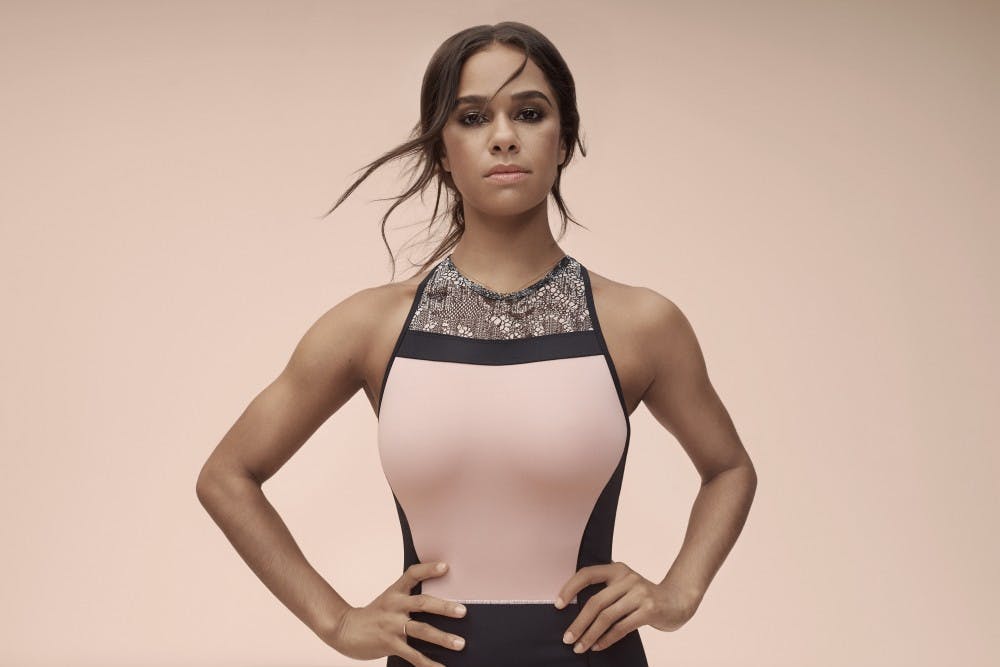Carolina Performing Arts will be hosting Misty Copeland, American Ballet Theatre’s first Black female principal dancer, to kick off CPA’s 15th anniversary season at Memorial Hall on Sept. 6 at 8 p.m.
In an evening of conversation with Susan Jaffe, dean of dance at the UNC School of the Arts, Copeland will explore how she found her voice as an artist, her path to the American Ballet Theatre and the ongoing challenges in the world of ballet.
Arts & Culture editor Jessica Hardison spoke with Jess Abel, Carolina Performing Arts marketing and communications coordinator, about Copeland’s upcoming talk and how Copeland will bring a different perspective to campus.
The Daily Tar Heel: Why did members of the Carolina Performing Arts team decide to bring Copeland to UNC?
Jess Abel: One of the major goals of CPA's 15th anniversary season is to celebrate the creative leadership of women in all forms, and Misty Copeland definitely embodies that creative leadership and so much more. She's a world-class dancer, she's a barrier-breaking artist and a determined and inspiring person. It's definitely an honor to have her kick off our season.
DTH: What about Copeland stands out as a performer? What makes her unique from other dancers?
JA: For starters, she didn't begin dancing until she was 13, which is a lot later than most professional dancers begin their practice. She also rose to an incredibly high level of dance really quickly. In just two years, she began to garner attention nationally, and then she studied at the San Francisco Ballet School and the School of American Ballet for her intensive program, and she did that on a full ride. Through all that success, she was also battling people who told her that she was too muscular or that she lacked the right look or the right form.
Now, in her professional career, her strength, dramatic style and energy are what a lot of dance critics often point to as her strongest qualities. So I think in the end, the same things she was criticized for in her earlier days are her greatest strengths now as a performer.
DTH: What do Copeland's story and perspective bring to campus?



